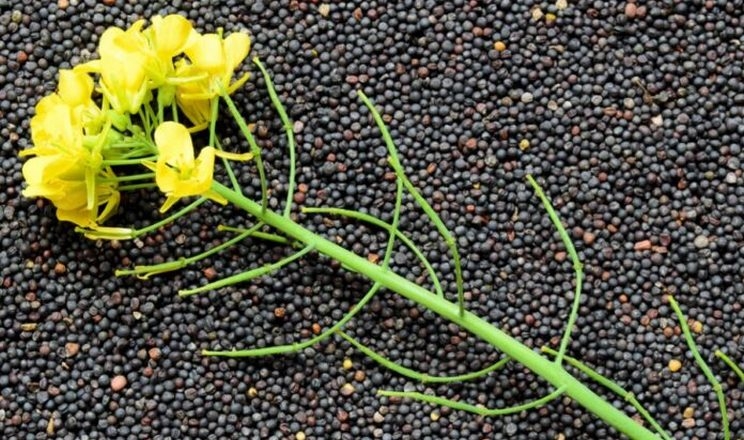China imports less rapeseed than previously forecast

FAS USDA experts lowered the forecast for canola imports to China in the 2025/26 MY from 4.1 to 3.1 million tons, and in the 2024/25 MY - from 5 to 4.5 million tons. The reason for this was trade disputes with Canada, which has been the largest supplier of canola to China over the past two decades.
However, in August 2025, Beijing imposed a provisional anti-dumping duty of 75.8% on Canadian canola, which must be paid upon import but will be held as a deposit until a final determination. On September 5, China’s Ministry of Commerce extended the investigation until March 9, 2026, due to the complexity of the case. This will allow for new evidence to be obtained that will help resolve the issue. The provisional duty remains in effect, effectively halting canola shipments from Canada.
In March 2025, China also imposed anti-dumping duties on Canadian rapeseed oil and rapeseed meal at a rate of 100%.
China is currently trying to resume imports of Australian canola, which it blocked in 2020 due to the spread of the fungal disease blackleg. The Chinese company COFCO has begun test shipments of Australian canola to assess the effectiveness of new cleaning procedures, although as of July 2025, these shipments were not yet included in official import data.
Demand for rapeseed in China remains strong, especially from the rapidly growing aquaculture sector. Companies are investing in the development of processing. Rapeseed oil is popular in some regional culinary traditions and is in high demand when priced competitively.
In the first 9 months of the 2024/25 MY, China imported 4.24 million tons of rapeseed (97% of which was supplied from Canada), which is 3.9% more than the corresponding figure of the previous season. Some importers have accelerated purchases of Canadian canola in anticipation of a decision that could close the market.
Rapeseed oil imports during this period amounted to 1.88 million tons (of which almost 60% were supplied from the Russian Federation), which is 6% higher than the corresponding figure of the previous season. And in total in the 2024/25 MY it may reach 2 million tons.


